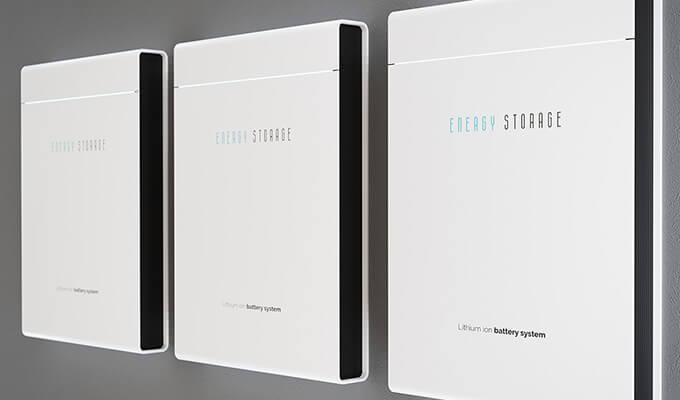About 15 years ago the solar and fire protection industries worked together to improve the safety of rooftop solar panels. With the increased popularity of lithium ion batteries for backup power, the solar and fire industries are now focusing on battery safety.
Here’s the issue: anything that stores energy can be dangerous if that energy is released in an uncontrolled way, as in a fire or an explosion. It’s important to consider battery safety in the context of other forms of high density energy storage. Here on earth, uranium has the highest energy density at 80 million mega joules per kg. We call the sudden release of uranium energy an atomic bomb. From a theoretical standpoint, the energy density of antimatter is a thousand times higher than uranium, but so far only on Start Trek have the warp engines experienced an antimatter explosion.
Here on earth, chemicals with high energy densities are much more practical, especially for transportation. Hydrogen has an energy density of 120 mega joules per kg, but is tricky to handle as a compressed gas. Even uncompressed, hydrogen can do some damage (remember the Hindenburg). More practically, for over 100 years almost all cars used gasoline or diesel as a fuel. Gasoline has an energy density of 46 mega joules per kg. You can drive your car for 300 miles on a ten-gallon tank of gas that weighs 65 pounds. But fossil fuels are polluting, and no longer the most cost effective fuel for cars and trucks.
We have abundant and cheap solar and wind energy. But you can’t go far or fast with just a solar panel or windmill on the roof of your car — and 200 mile extension cords are impractical. Storing that solar or wind energy in a battery can give a car the range and performance that many drivers need. Today’s lithium ion batteries have an energy density of about 0.75 mega joules per kg. Powered by a lithium ion battery, a typical electric vehicle can go about 200 miles on a 75 kwh battery pack that weighs about 1000 pounds.
As the cost and performance of lithium ion batteries has improved, they are seeing increased use in homes and business — not only for backup power, but also to avoid sky-high utility costs in the late afternoon and evening. The high energy density of lithium ion batteries has made them ubiquitous in our phones, computers, earpieces and just about anything that needs a rechargeable energy source. Although lithium ion batteries are safer than gasoline, diesel and natural gas, the are still subject to combustion if damaged.
One of the industry’s experts on combustion is retired San Jose Fire Captain Matt Paiss. Matt is currently a technical advisor for battery materials and systems for the Pacific Northwest National Laboratory, and provides support for fire and building departments. Please listen up to this week’s Energy Show as Matt shares his experiences and insights on battery system safety.

